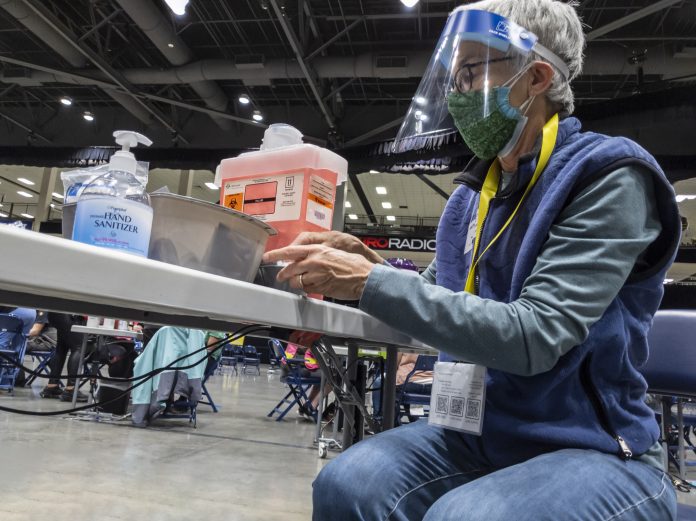Data from the Centers for Disease Control and Prevention (CDC) shows that unvaccinated teenagers are nine times likelier to be hospitalised with Omicron
The CDC data, published 20 January, shows that booster vaccines can make the difference between life and death.
Adolescents between the ages of 12 and 17 were found to be nine times likelier to be hospitalised with Omicron, than their vaccinated peers.
Adults over the age of 65, with no vaccination, were found to be 49 times as likely as fully immunised counterparts to be hospitalised with a severe form of COVID.
COVID hospitalisation was also found to be 16 times likelier in unvaccinated adults above the age of 18, while 44 times higher in unvaccinated adults between the ages of 50 and 64.
“Vaccination remains the safest strategy”
In a November statement reflecting on Delta immunisation data, the CDC said: “Viruses are constantly changing, including the virus that causes COVID-19. These changes occur over time and can lead to the emergence of new variants that have new characteristics, including ones that impact the level of immunity vaccination and/or prior infection can provide.
“Vaccination remains the safest strategy for protecting against COVID-19.”
While infection creates antibodies, there are uncertainties about how many and for how long. One study, conducted in the UK on healthcare workers, found that prior Omicron infection only gives an antibody protection level of 19% or even 0%.
That number is starkly low in contrast to protection levels given by Delta infection.
According to the same study, Omicron is atleast 5.4 times greater at reinfection than the Delta variant.
This new information was drawn from hospitalisations over December, 2021, as Omicron hit the US atop previous waves of Delta. The resource will now be updated once a month.











